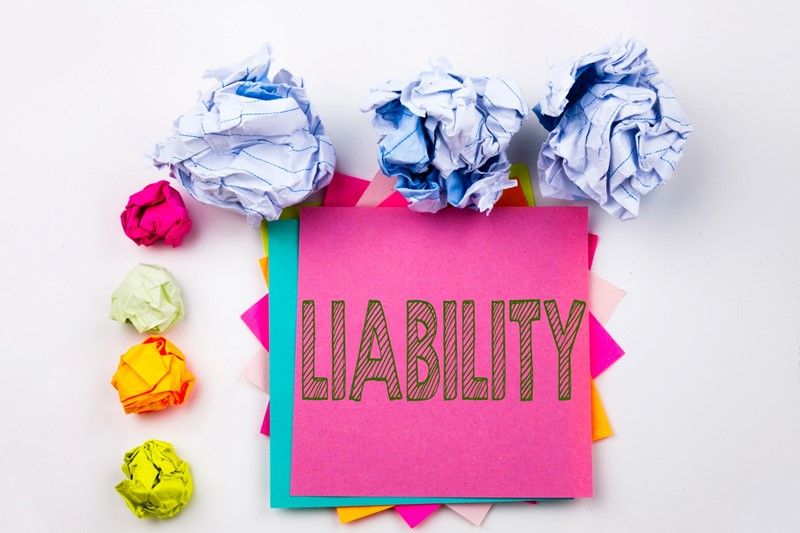HMRC contacting sole traders
HMRC is currently contacting certain sole traders by email to reiterate the importance of adjusting business expenses for personal use.
The email explains:
- why personal use must be adjusted on your self-assessment tax return; and
- what you need to do if your business expenses cover business and personal use.
The email also includes links to GOV.UK for more detailed information on personal use adjustments and allowable expenses. This is a genuine email that HMRC recently sent (from 20 October 2025 up to and including 7 November 2025).
This is an important reminder for sole traders. In general, if sole traders use something for both business and personal reasons, they can only claim allowable expenses for the business costs.
However, there are simplified arrangements available to sole traders for claiming a fixed rate deduction for certain expenses where there is a mix of business and private use. The simplified expenses regime is not available to limited companies or business partnerships involving a limited company.
Simplified flat rates can be used for working from home and for the business costs of vehicles. This method saves having to calculate the proportion of personal and business use.
The current monthly flat rates are based on the amount of business use of the home:
- 25 to 50 hours worked per month can claim – £10
- 51 to 100 hours worked per month can claim – £18
- 101 or more hours worked per month can claim – £26
Under simplified expenses, there are the following flat rates per mile available. These rates can be used instead of working out the actual costs of buying and running your vehicle, e.g. insurance, repairs, servicing, fuel.
- Cars and goods vehicles first 10,000 miles – 45p
- Cars and goods vehicles after 10,000 miles – 25p
- Motorcycles – 24p
Whilst using the flat rates is not compulsory, once a decision is made to use the simplification for a specific vehicle this must continue to be used for a vehicle as long as that vehicle is used for business purposes.
We would be happy to help you ascertain whether using simplified expenses or claiming based on actual costs incurred is more beneficial for your business.




